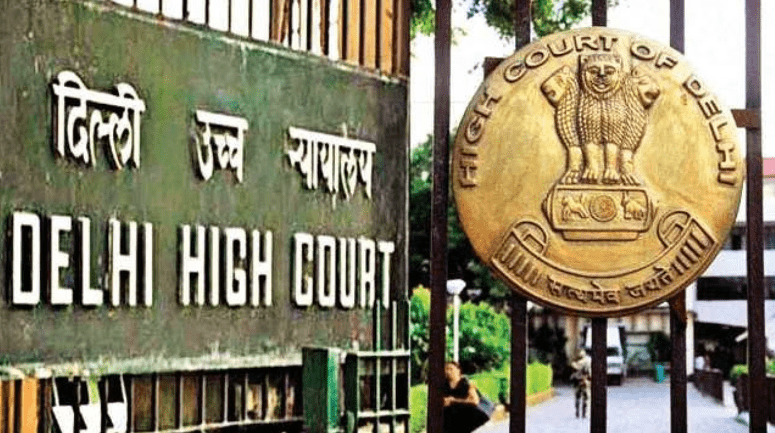
The Delhi High Court has ruled that the eligibility criterion of seven years continuous practise as an advocate for appointment as a District Judge, as set out in Rule 9(2) of the Delhi Higher Judicial Services (DHJS) Rules, 1970 or Article 233(2) of the Indian Constitution, does not necessitate any investigation into the actual area of practise as an advocate.
If a person is enrolled as an advocate for seven years prior to the date of the application, he would satisfy the eligibility criteria unless it is established that he was not entitled to be so enrolled as an advocate; had suspended his practise either voluntarily or involuntarily; or had accepted an engagement or vocation that was impermissible as an advocate.
The bench stated that the legal profession has grown significantly and is no longer limited to acting or pleading before a court of law.
“Among the many facets of the legal profession are the drafting of submissions, the drafting of regulatory filings, representation before various tribunals or authorities, and assistance in regulatory compliance.”
In addition to the qualifying criteria specified in Article 233(2) of the Constitution, the court stated that Rule 9(2) of the DHJS Rules does not consider the condition of active practise as an advocate. It went on to say that there is no distinction between being an advocate and having practised as an advocate.
The division bench of Justice Vibhu Bakhru and Justice Amit Mahajan was hearing a writ petition challenging the selection of a candidate for the Delhi Higher Judiciary Services (DHJS) on the grounds that the time he spent pursuing a full-time Master’s programme in law cannot be considered time spent in active practise as an advocate.
Referring to the Bar Council of India’s (BCI) Resolution which states that practising advocates can join an LL.M. course as regular students without suspending their practice, the court stated that because the candidate’s practise as an advocate was not suspended during the said period, he did not fail the eligibility criteria for appointment.
In his writ suit petitioner Karan Antil sought directions for his appointment in the DHJS by challenging the inclusion of respondent no. 5 on the list of persons chosen for appointment in the DHJS.
Antil who took the DHJS Examination – 2022, was assigned serial number 35 in the sequence of merit. He claimed that the 5th respondent was ineligible to take the DHJSE-22 because he did not meet the eligibility criterion outlined in Rule 9(2) of the DHJS Rules, which states that the candidate must have been continuously practising as an Advocate for not less than seven years as on the last date of receipt of the application.
Antil asserted that respondent no.5 did not meet the criterion since he attended the Master of Law Program at the University College London (UCL) from September 23, 2015 to June 6, 2016. Respondent no.5 argued that the time spent earning a full-time Master’s degree in law could not be recognised as time spent in active practising as an advocate. Respondent no.5 could not be considered to be in profession throughout the abovementioned period because he was not acting or pleading in a court of law as an advocate, according to Antil.
He went on to say that whether a person is in practise is determined by the activities that person does, and that getting a Master’s degree in law could not be considered.
He went on to say that whether a person is in practise is determined by the functions the person performs, and thus getting a Master’s degree in law cannot be termed practise.
It was also argued that the text of Article 233(2) of the Constitution and Rule 9 of the DHJS Rules differed.
Whereas Article 233(2) of the Indian Constitution states that a person is eligible to be appointed as a District Judge if he has been an advocate or a pleader for at least seven years.” However, according to Rule 9 of the DHJS Rules, the candidate must have been practising as an advocate for at least seven years as of the latest date of receipt.
The court stated that a person being enrolled as an advocate and granted a certificate is equivalent to him practising law. The term “advocate” refers to someone who does not practise law, according to the court.,
Shivangi, Christ University BBA.llb





0 Comments